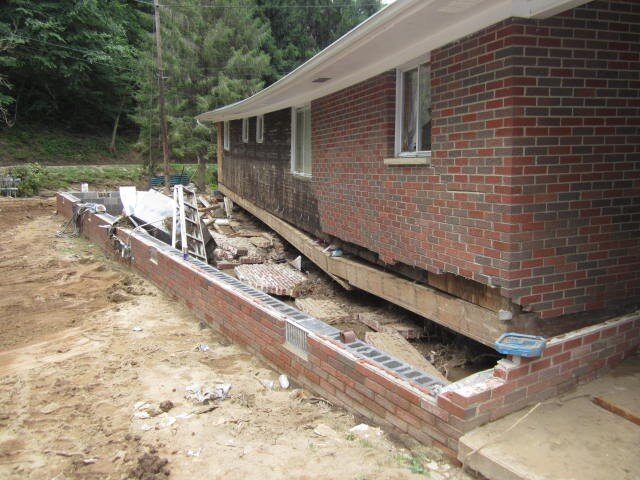Proactive and reactive solutions for flooding and flood insurance.

Did your home or business recently flood?
If you have an active flood insurance claim, click here for helpful tips
NFIP Flood Claims
Authorized flood insurance adjusters inspect and estimate flood damage
Increased Cost of Compliance (ICC)
For substantially damaged or repetitive loss buildings
Underwriting Inspections
Rating and claim verification, individual or bulk

Myths About Flood Insurance
MYTH: “The insurance company doesn’t want to pay for my damages.”
The insurance company doesn’t use its own money to pay your claim. They do not lose out on any money from paying your claim. Actually, they are paid by the government a percentage of what you receive as a processing fee. The more you receive, the more the insurance company makes. They would pay for everything in your house if there weren’t financial repercussions for incorrectly adjusting a claim.
MYTH: “The insurance company delays my payment so they can hold FEMA’s money longer and collect interest.”
The check you receive comes from a federal account in which the insurance company only has check-writing authority. The insurance company does not earn or keep any interest from these accounts. It does not benefit the insurance company at all to delay your payment. In fact, companies that take longer to issue payments are looked at negatively.
MYTH: “The insurance company hires engineers that will ‘side with them’ when it comes to structural damage to my home.”
Again, the insurance company makes money by paying your claim. The more you receive, the more the insurance company makes. The engineering firms that inspect for the insurance company receive a flat fee regardless of whether or not “flood damage” is discovered. They earn the same amount if there is or isn’t covered damage.
MYTH: “If I file a flood claim, my insurance will go up.”
Unlike auto insurance and homeowners insurance, having a claim does not increase your rates. There may be some exceptions for a property designated as a severe repetitive loss, but if you’ve only had one or two prior claims, you have nothing to worry about.
